Here at Lazy Susan HQ, the subject of sustainability has been a bit of a red hot talking point, and many of us are looking at ways we can make our gardens more ‘planet-friendly’...
The Royal Horticultural Society define sustainable gardening as:
“The concept of using practices to maintain a garden so that natural resources are not exhausted and without causing ecological damage.”
With their RHS Sustainability Strategy they are aiming within the next decade to become:
“Net positive for nature and for people, and to encourage and enable gardeners to do the same.”
As the very aptly named (I’m sure he’s sick of this being pointed out), Keith Weed, RHS President, stated at the time of launch:
“We are now painfully aware that we face a climate and biodiversity crisis, and that every effort counts. The RHS is in a unique position to harness its science, reputation and reach to help address this in a positive way.”
A number of articles on the Lazy Susan blog have touched on the idea of sustainable gardening in recent months too...
Our favourite eco-friendly plant's post looked at some of our top environmentally-friendly plant varieties and sustainable gardening techniques, whilst how do you best conserve water in your garden explored ways we can water our gardens more efficiently.
The crazy thing about sustainable gardening is it really doesn’t take that much extra time, cost or effort. If anything it saves you money. The hardest part is just taking the time to learn and adopt the solutions that work in harmony with nature rather than against it.
Our top tips will not only help you create a sustainable garden that not only looks beautiful, but it’ll also help your garden better support the environment and local wildlife.
Just like we’re thinking more about the impact the food we buy has on the environment, the same needs to be true for our gardens. We need to start thinking about the source, how it was grown and the packaging it comes in.
A few examples of ways we can do this is to start shopping at eco-friendly organic nurseries, reducing our garden waste, minimising the amount of single-use plastic in our gardens and planting wildlife-friendly and pesticide-free plants.

Pro Gardeners Tip
“Eco-conscious gardening also makes the best use of the microclimate and natural soil conditions in your garden. Work with nature not against it. Here at Lazy Susan, we’ve long advocated for organic fertilisers and pesticides over harmful chemicals to reduce polluting our soil and rivers and improve the health of our gardens and the food we grow.”
If you follow our top sustainable gardening tips and ideas, your garden can also help us to start turning the tide on climate change:
Plant more trees
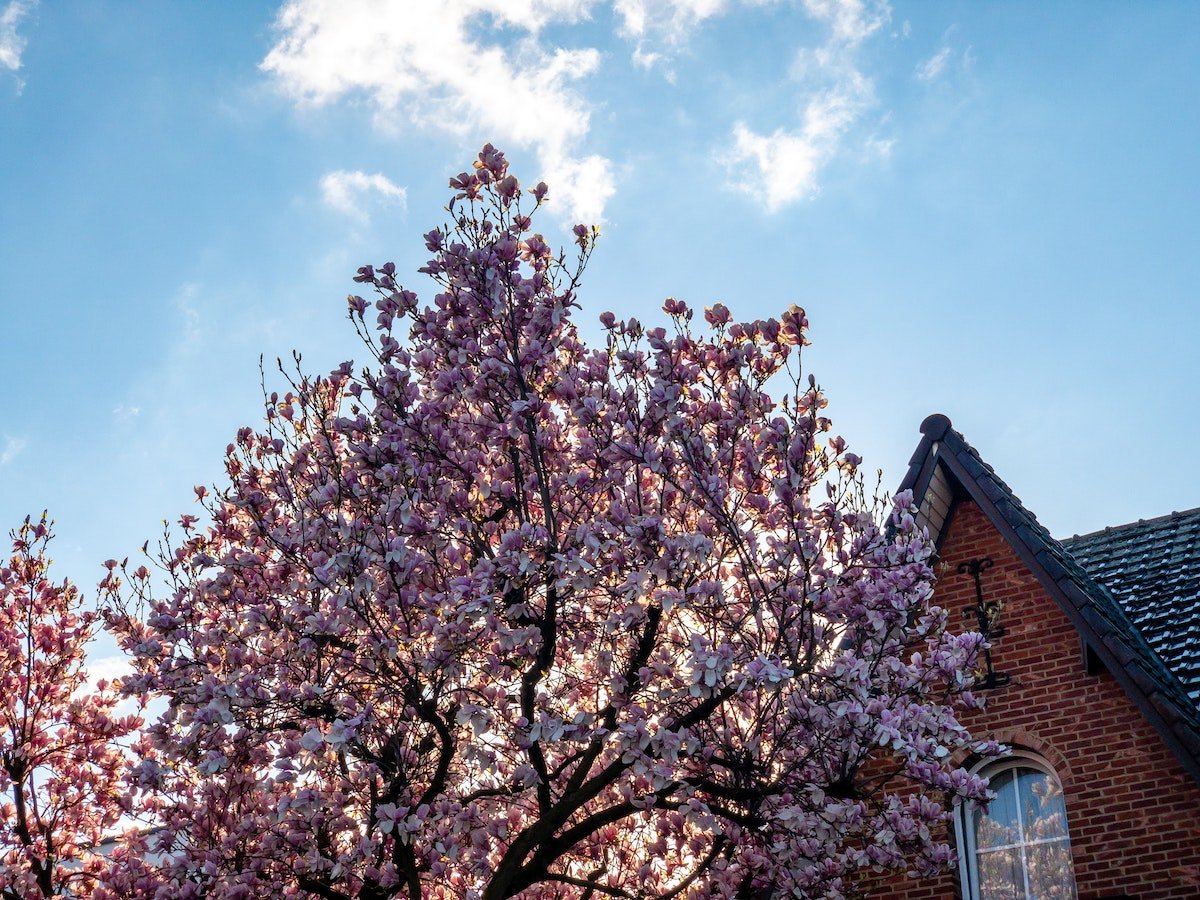
We looked at this in detail in our recent why we should all be planting trees in our gardens article. Trees not only act as nature’s CO2 filter, but they also improve soil quality, drainage and erosion and provide shade and shelter for wildlife.
Plant native plants
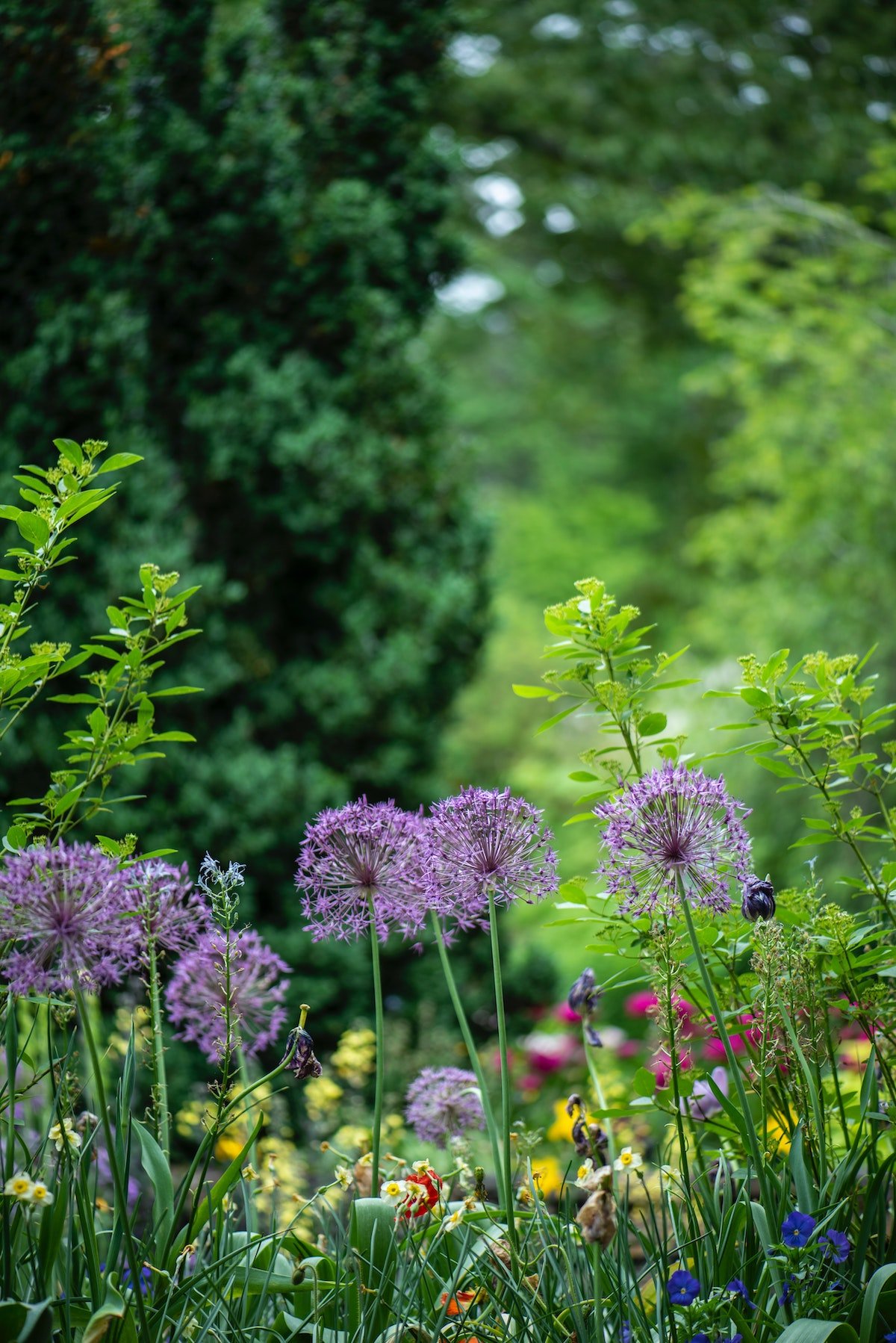
Native plants to the UK are not only just beautiful as the exotic, they are resistant to our climate, take less maintenance, need less fertiliser, support local wildlife and use significantly less water. Look to plant species that can provide nectar for pollinators such as hummingbirds, bees and butterflies.
Go peat free
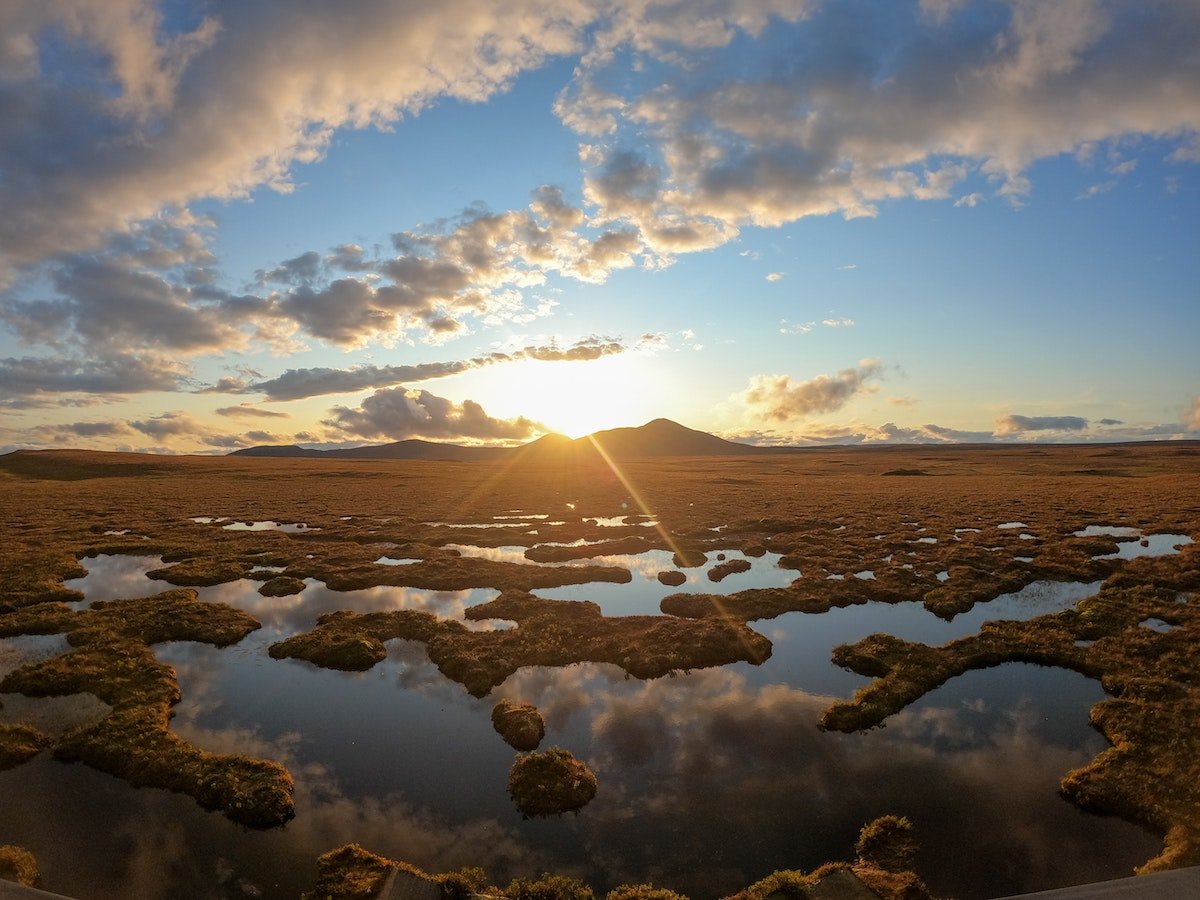
Protecting our peatlands is one of the best ways, we as gardeners, can help combat climate change. These incredible landscapes store carbon, control flooding and create a home for a variety of local wildlife. So it is important we either make our own compost or, if we do buy, make sure it is peat free!
Go pesticide free
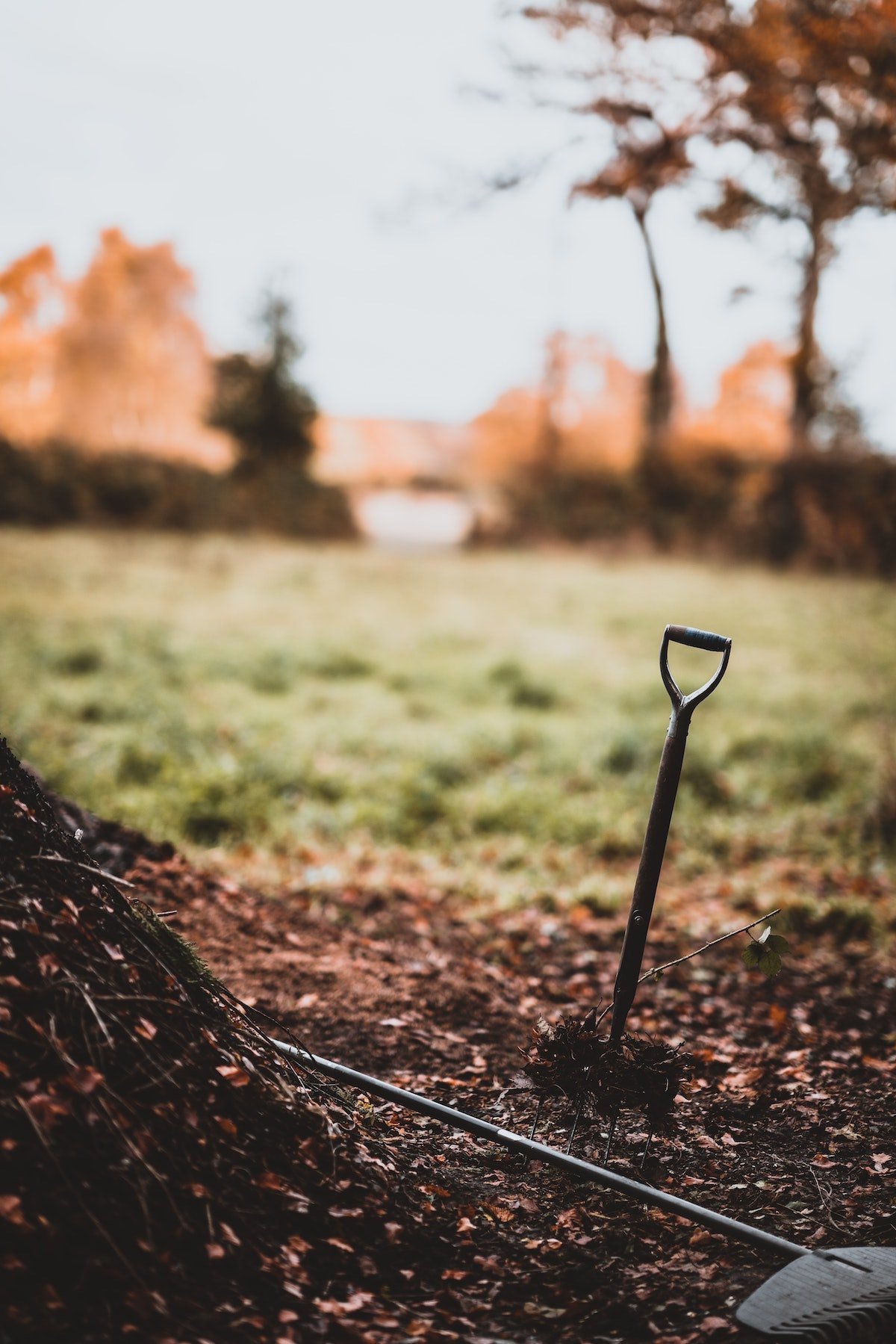
It still amazes us that any gardeners, especially those growing fruit and veg would want to use artificial fertilisers and pesticides. Surely we want to maximise bio-diversity and create a garden that is a thriving ecosystem? If you do one thing on this list, ditch the chemicals for organic alternatives. We guarantee your plot will thrive without them and without harming the environment.
Plant drought-tolerant plants
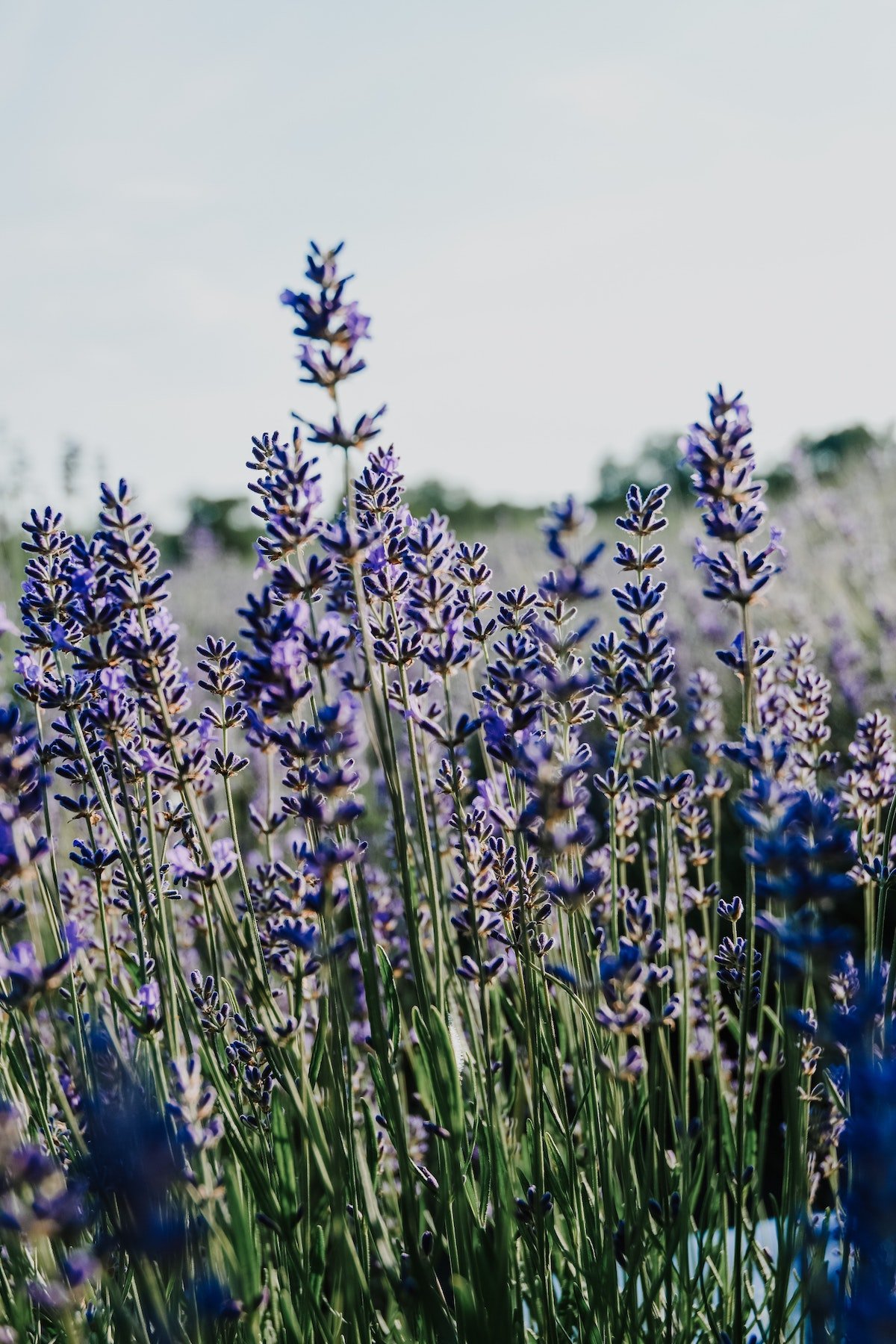
As the past summer shows, our summers are getting hotter and drier. As gardeners, we need to reduce our water consumption and we looked at this in detail in our how do you best conserve water in your garden article. By planting more drought-tolerant species (such as Lavender) we can reduce the amount of water our gardens need in the summer months.
Plant companion plants
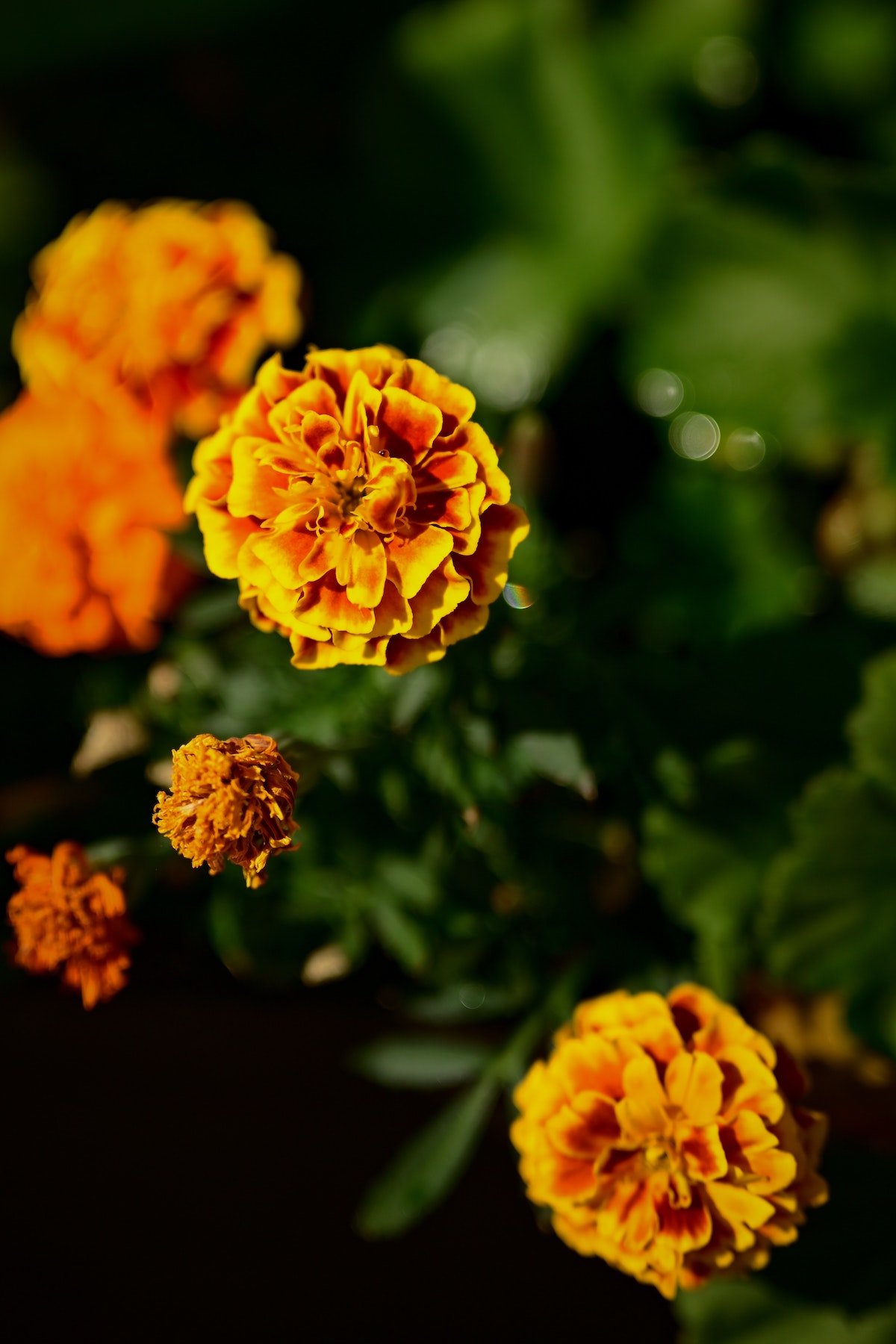
By planting companion plants you will help other plants to grow better by either attracting beneficial insects, repelling pests, or by keeping the soil moist or enriched with nutrients. Companion planting also uses space more efficiently, and works great on a veggie plot. One of the most popular examples is growing Marigolds alongside tomatoes as they'll naturally keep soil parasites away from the roots.
Plant more pollinators
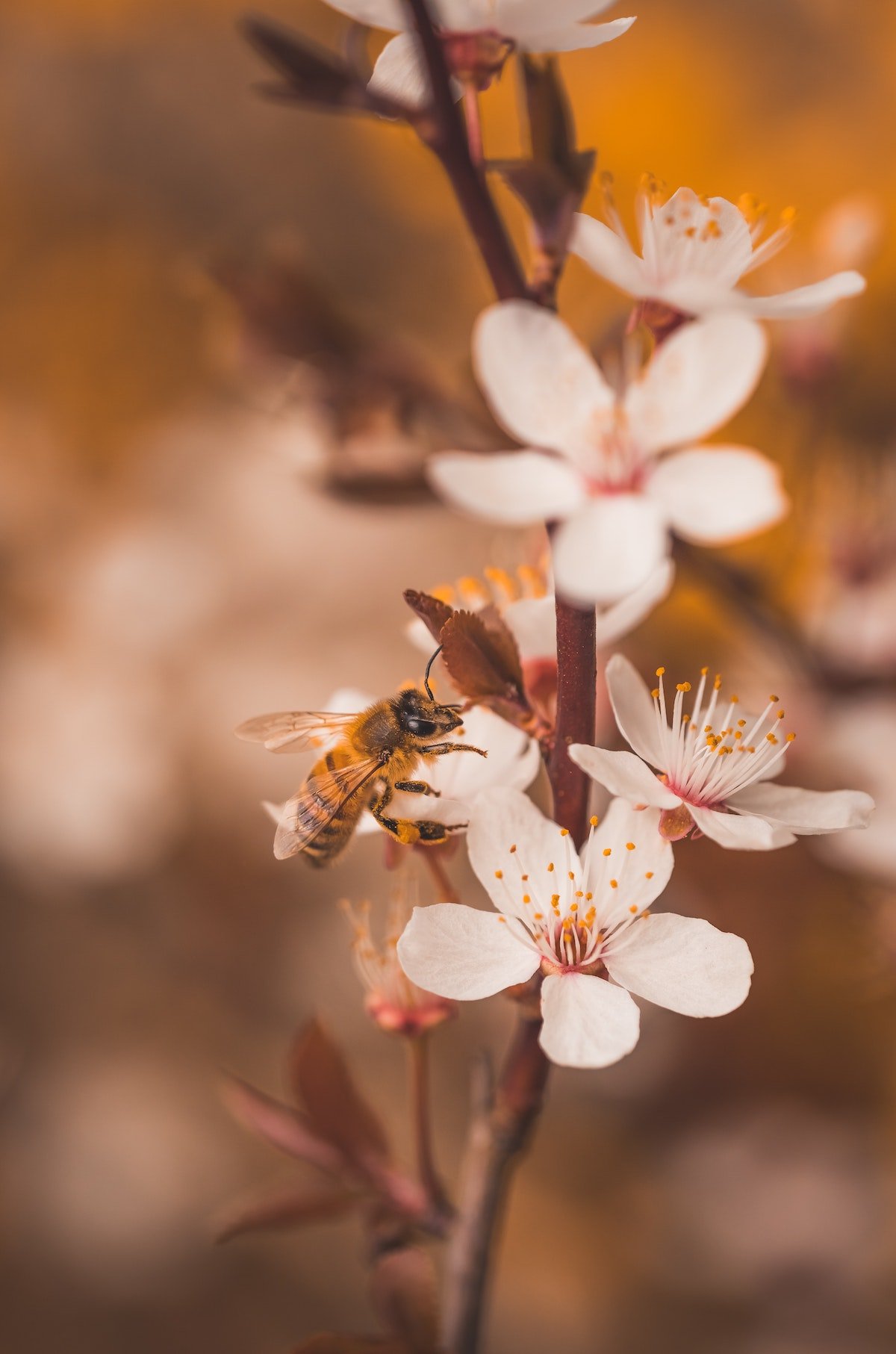
It is through pollination that plants are fertilised and able to reproduce, so it makes sense that we plant more in our gardens. In the UK we have seen a decline in many of our wild native pollinators due to the loss of habitat and the use of pesticides. Look to plant more species that will provide food and shelter for bees, birds, hedgehogs, butterflies, etc.
Keep your own bees
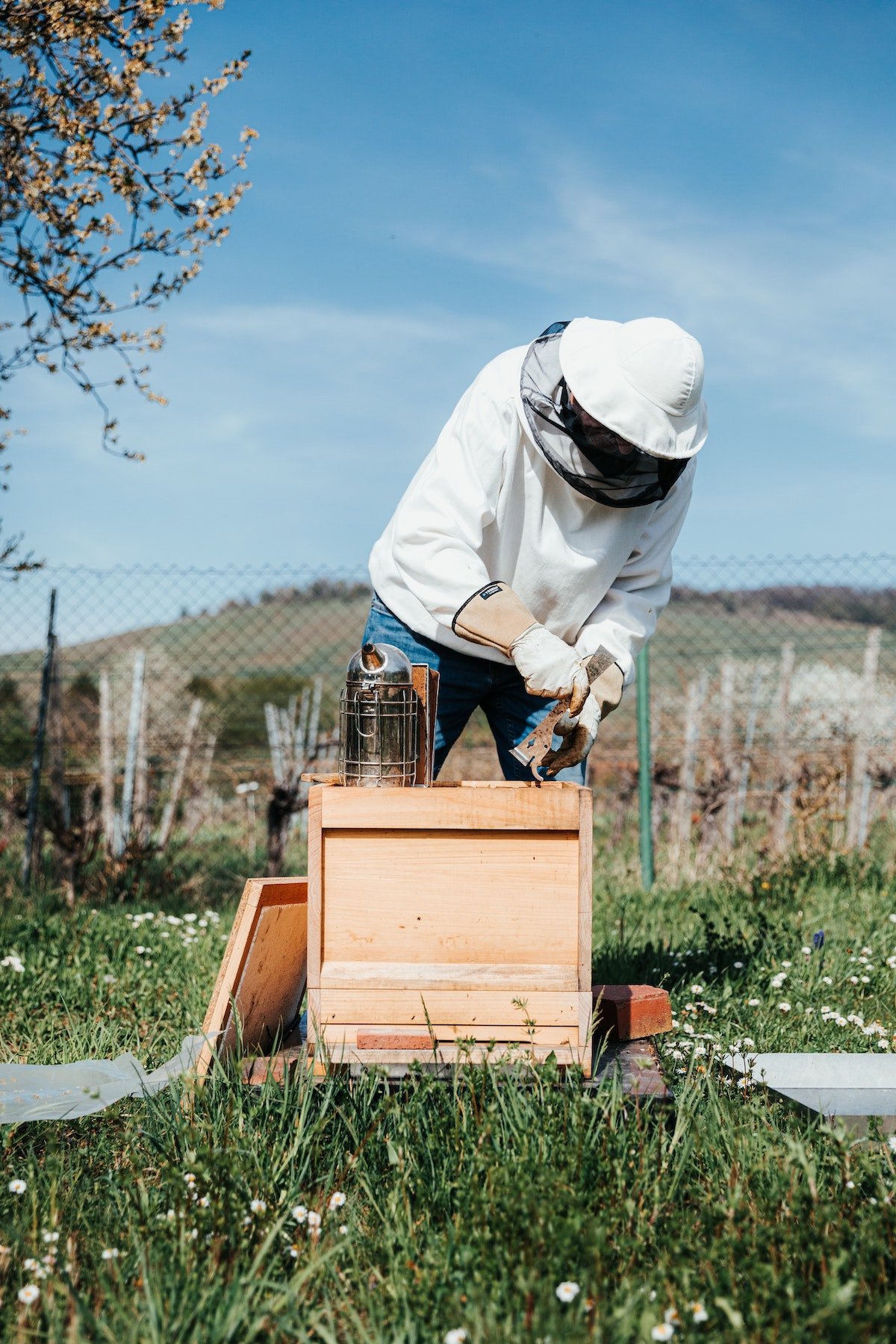
Why not take it a step further and even keep your own? OK, maybe this isn’t one for everybody, but by keeping your own bees you’re not only helping to boost the bee population, but it is also a great hobby. By having just two hives, you can pollinate an entire mid-sized garden. Ed: And don’t forget all that delicious honey!
Conserve water
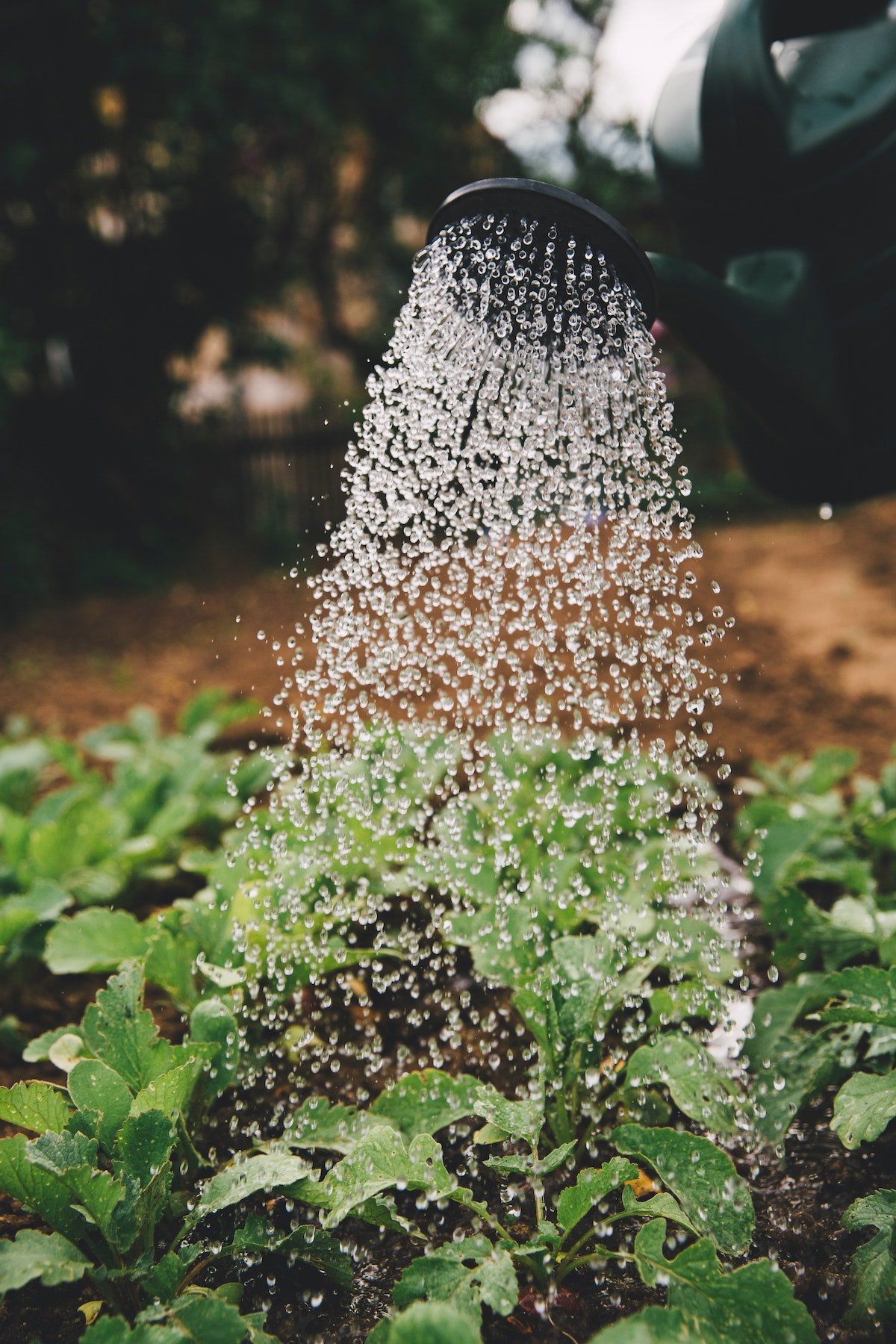
Our recent how do you best conserve water in your garden article looked at this in detail but it is important on this list too. By adopting water-saving techniques, we can save money, but most importantly, reduce our carbon footprint. So put the hose away, set up the water butt and reach for the watering can!
Reduce the size of your patio
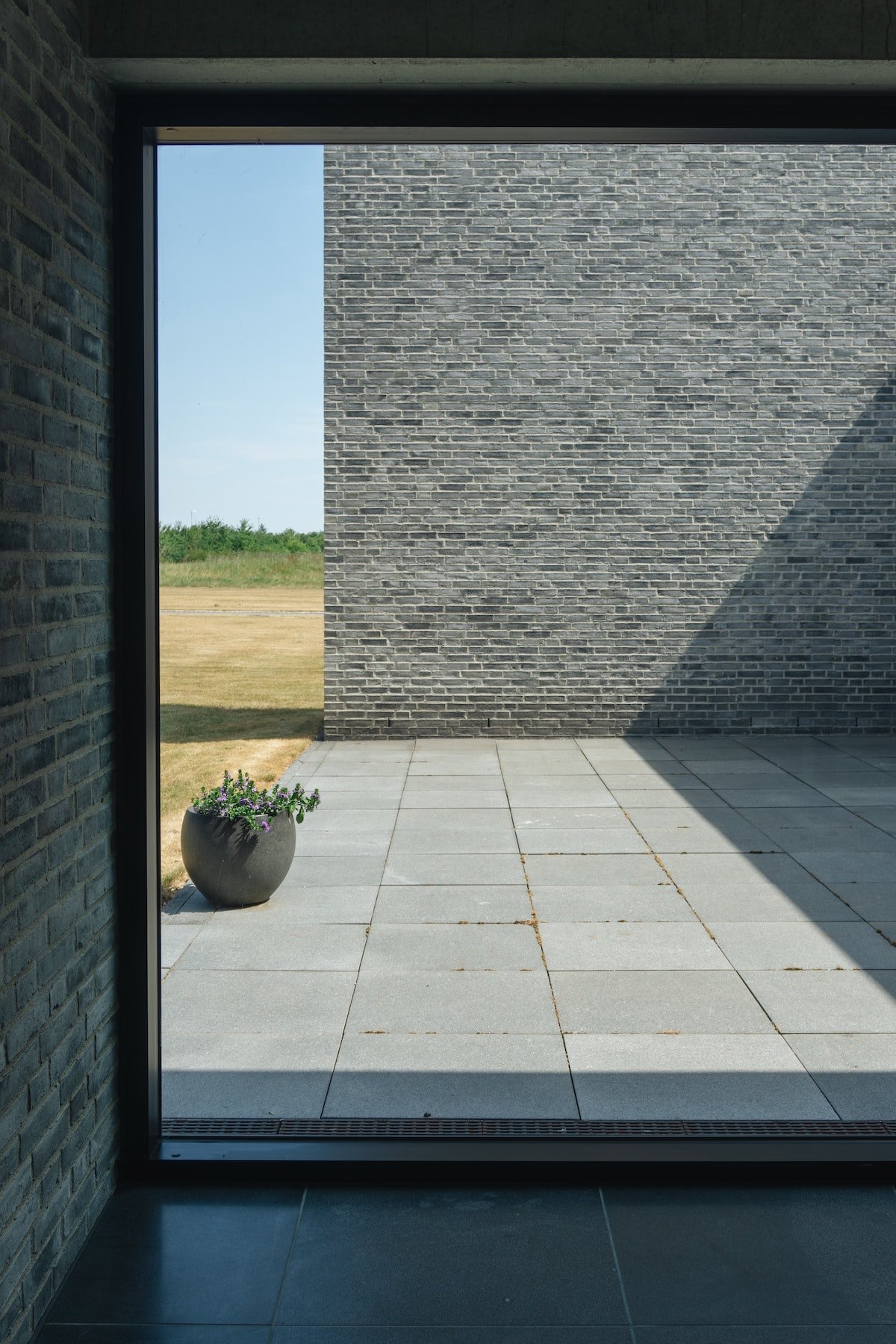
I suppose an outdoor furniture company maybe shouldn’t say this but… The more plants the better. According to the RHS:
“If 30 million gardeners pulled up a paver and planted 1m² of perennial plants (either herbaceous, shrubs or trees) in their community, school, workplace or garden and allowed it to develop to maturity, depending on the plants grown this would be equivalent to heating between 86,000 to more than one million homes for a year!”
Those numbers certainly get you thinking, just make sure you leave enough patio for your Lazy Susan garden furniture!
Go electric
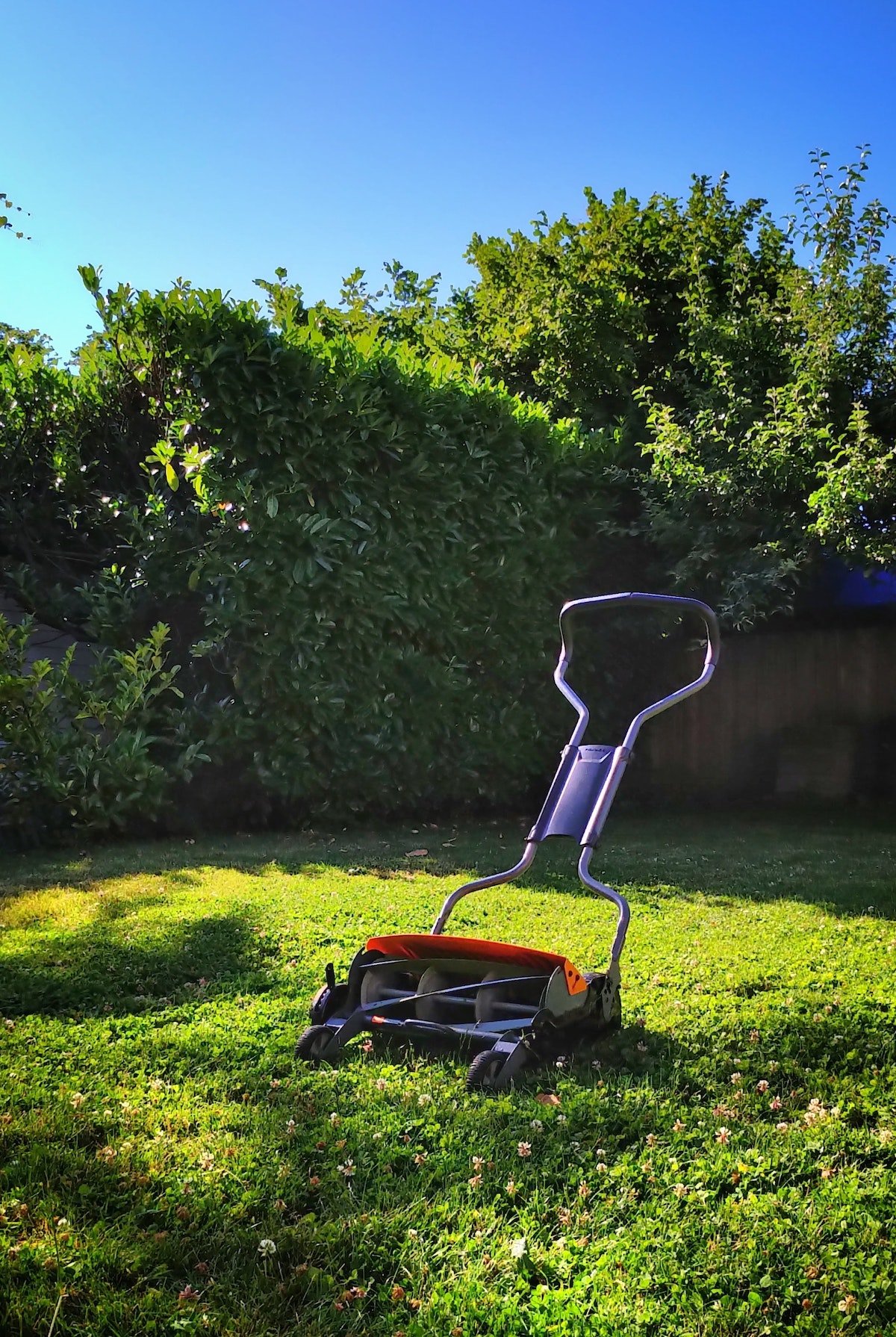
If you’ve got a petrol mower, then just like the car, it is time to go electric. Or even better, like a bike, motor free and manual push-powered. Again, according to the RHS:
“An average petrol power tool emits 0.848 kg carbon per litre of petrol used. It's not only carbon, they emit harmful particulate and noise pollution too. If the 21% of UK gardeners who use power tools switched from fossil fuel to green energy electric-powered tools, it would save enough carbon equivalent to drive around the planet 29,820 times.”
Avoid single-use plastics
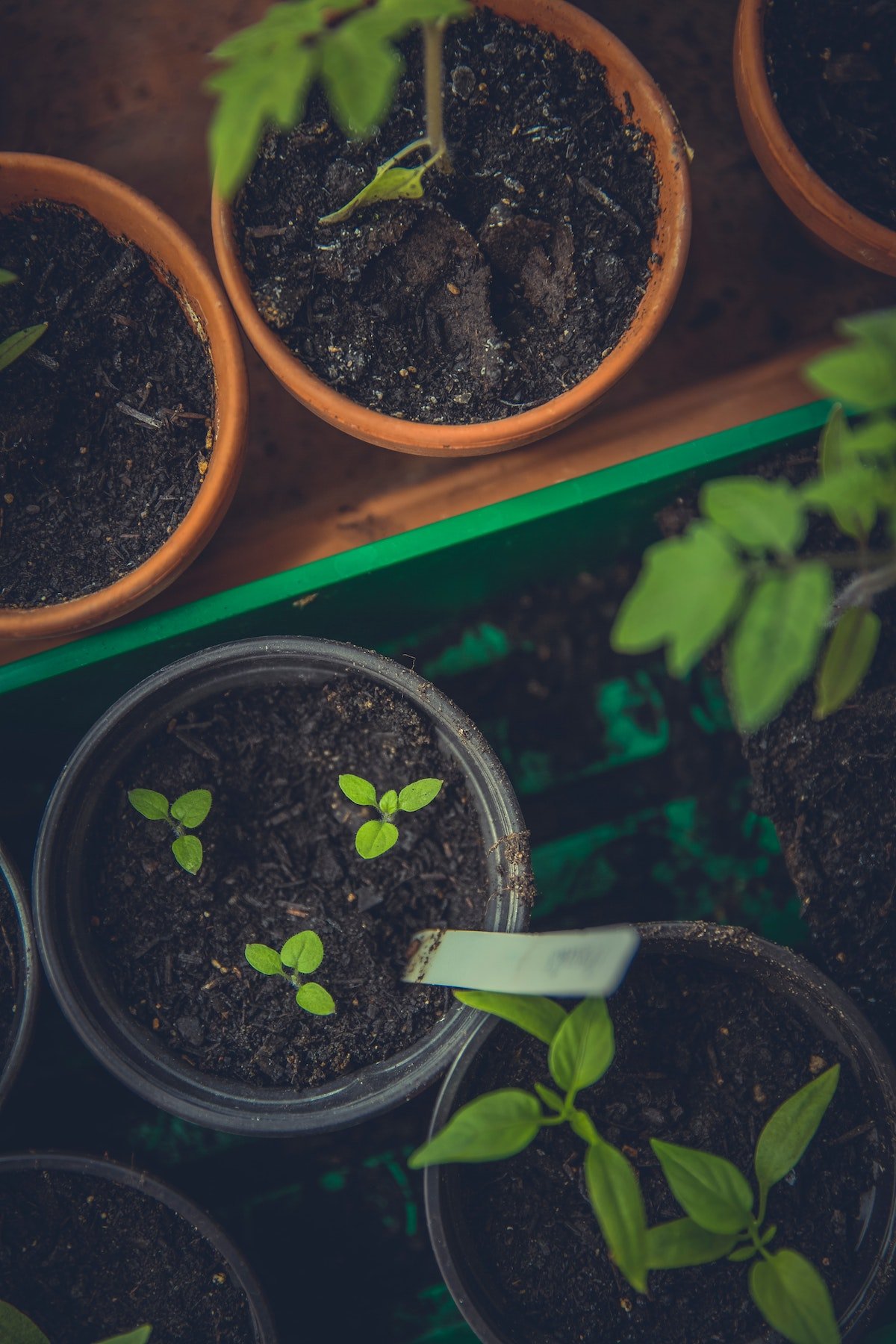
Just like we're seeing a shift in our supermarkets, so too do we need to buy better when it comes to our gardens. Buy plants that are sold in recyclable pots and avoid single-use plastics, start plants from seed, use wood instead of plastic, purchase any soil or organic mulch in bulk, and buy plastic-free tools. There’s a whole host of ways we reduce plastics in our gardens and the Plastic Free Foundation has some great tips.
Grow your own fruit and veg
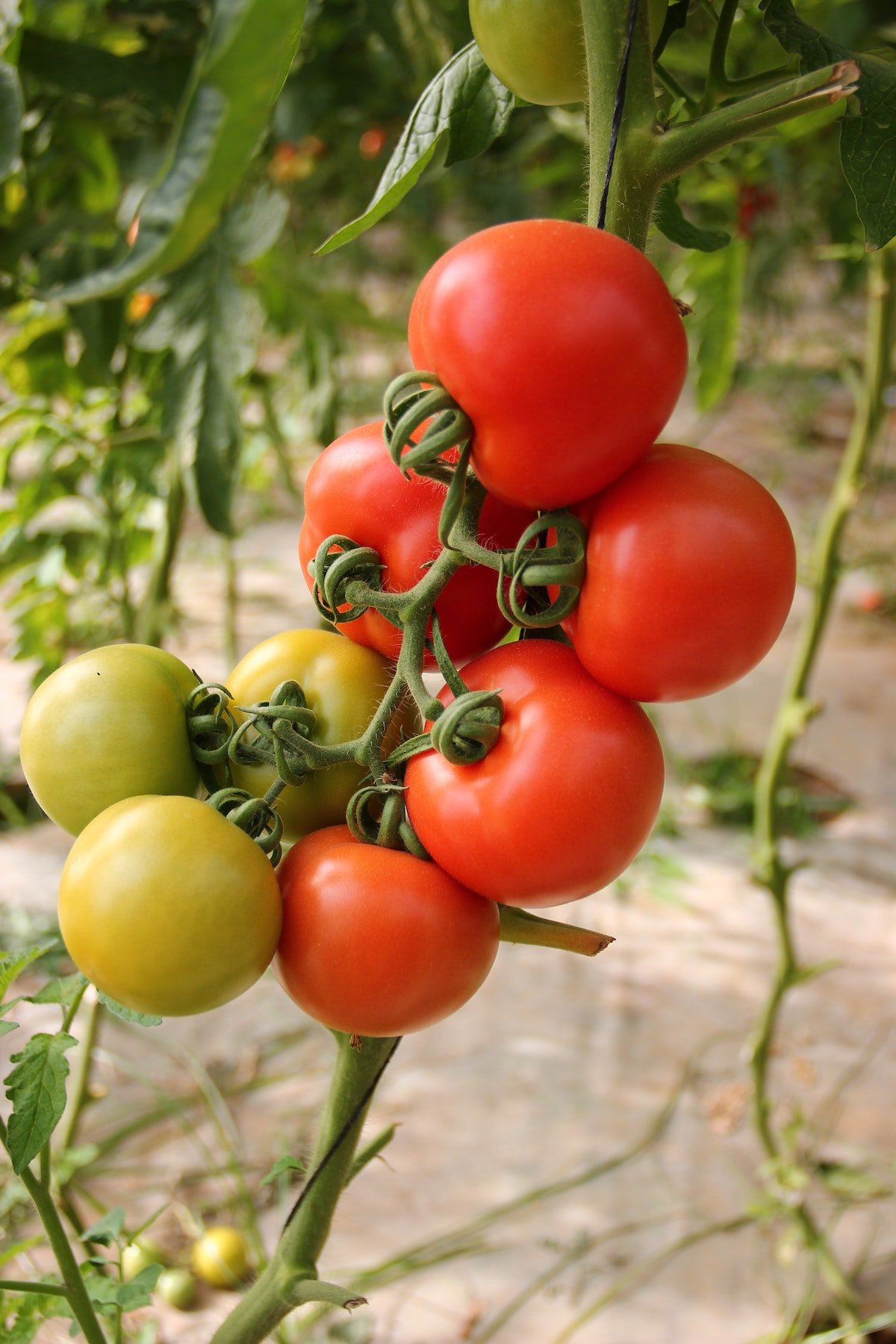
By organically growing your own fruit and veg you are reducing pollution on a number of levels, from eliminating pesticides to removing the need for transportation, and more. However, for us, some of the biggest plus points is it will save you money and get you outside and in nature.
Attract wildlife
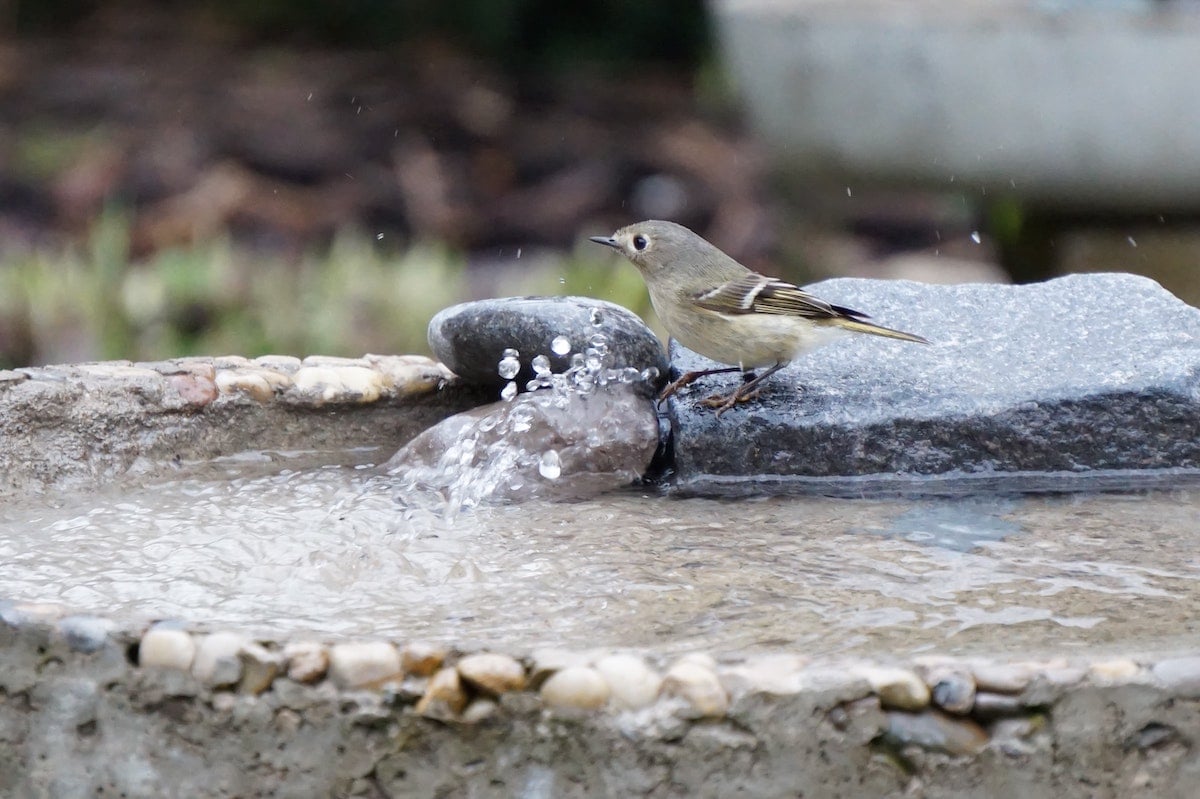
Making our gardens wildlife-friendly doesn’t mean we have to let them grow into some wild jungle. It is simply about making them as welcoming as possible to the animals we share them with, be it a shelter for birds or food for hedgehogs, encouraging wildlife into our gardens will improve biodiversity.
Add a water feature
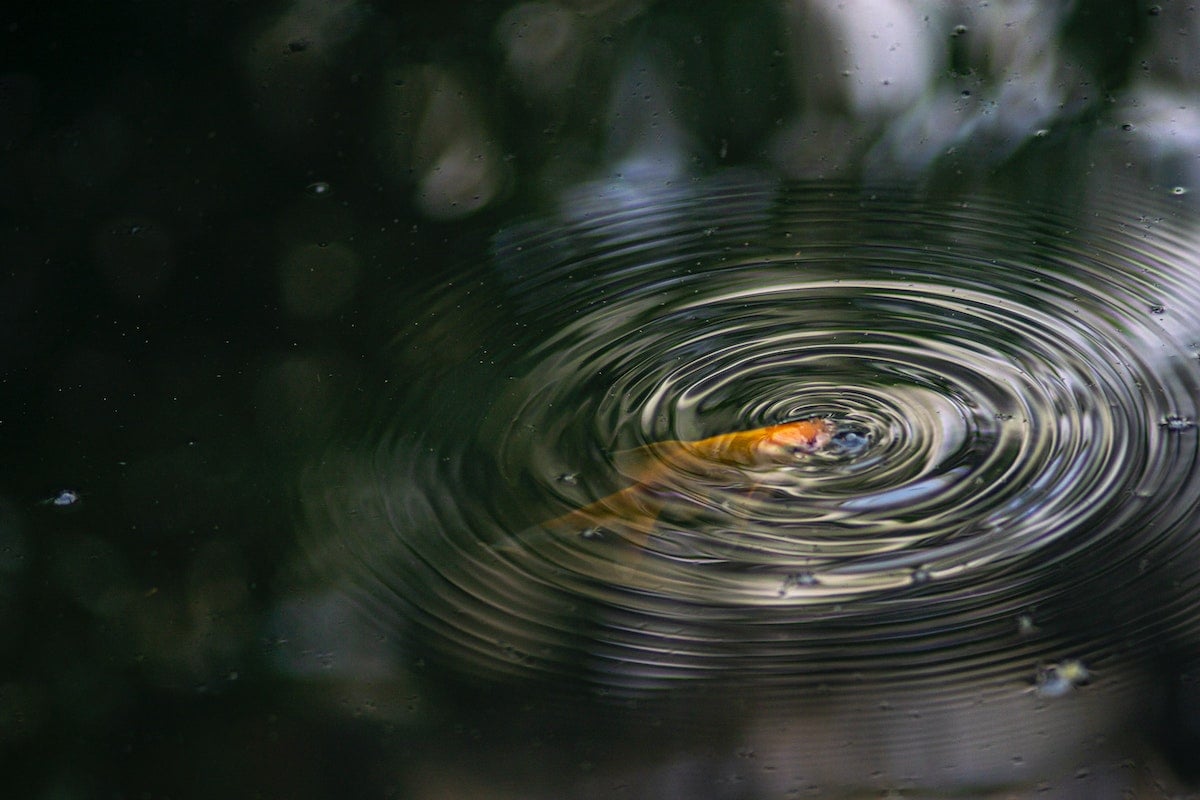
Like most on our list, a water feature not only looks good and adds an ambience to your garden, it is good for the environment too, benefitting both plants and wildlife. Water will attract birds, frogs and insects, and even something as simple as a birdbath is a great way to attract and support our feathered friends.
Reuse, recycle and upcycle
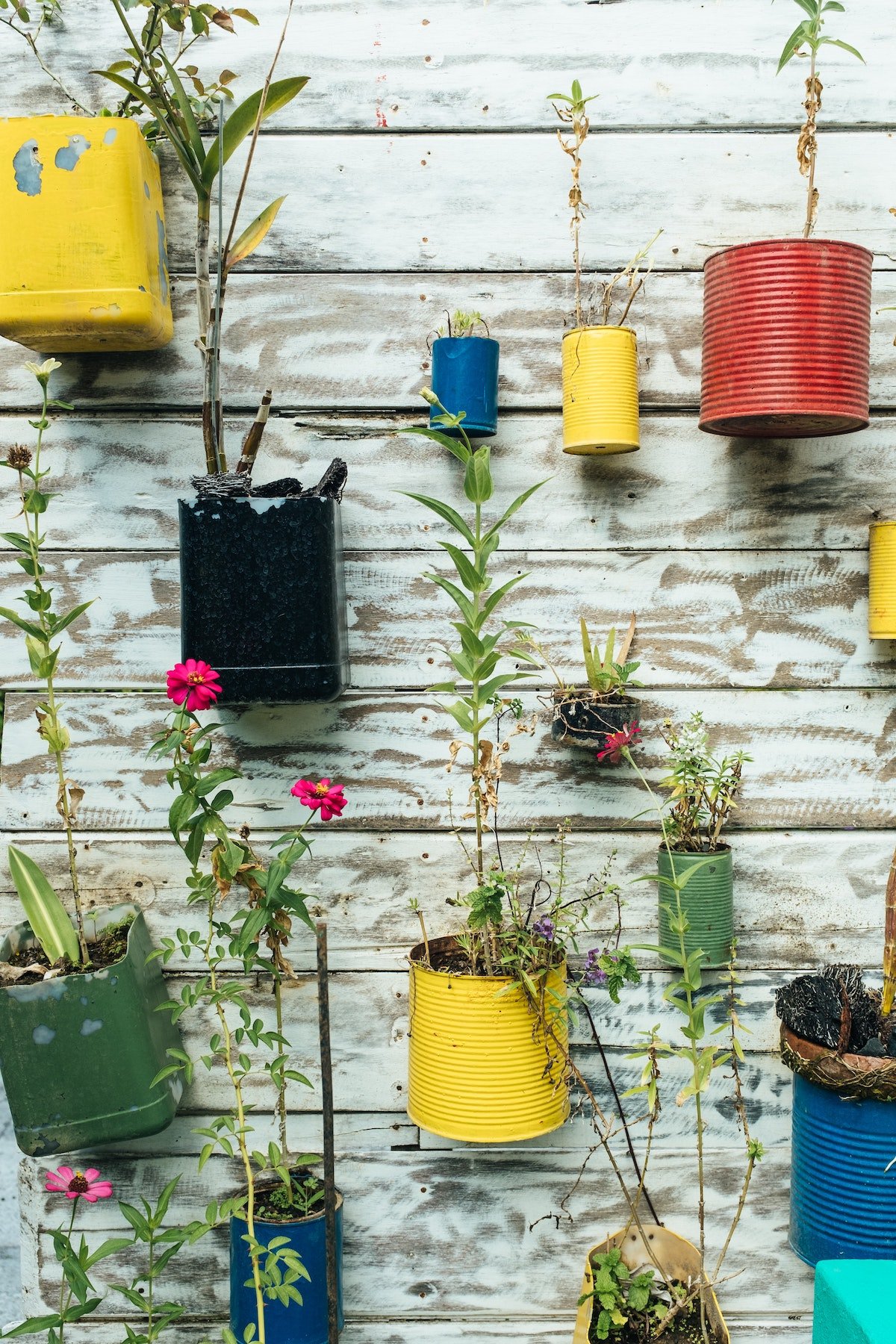
Just as important outside the home as inside is to look at ways we can better reuse, recycle and upcycle. And there are a number of ways we can for this. For example, we can start by reducing our reliance on non-recyclable materials, reuse what we can by composting, and reuse or up-cycle items that would maybe in the past just throw away.
Let the grass grow
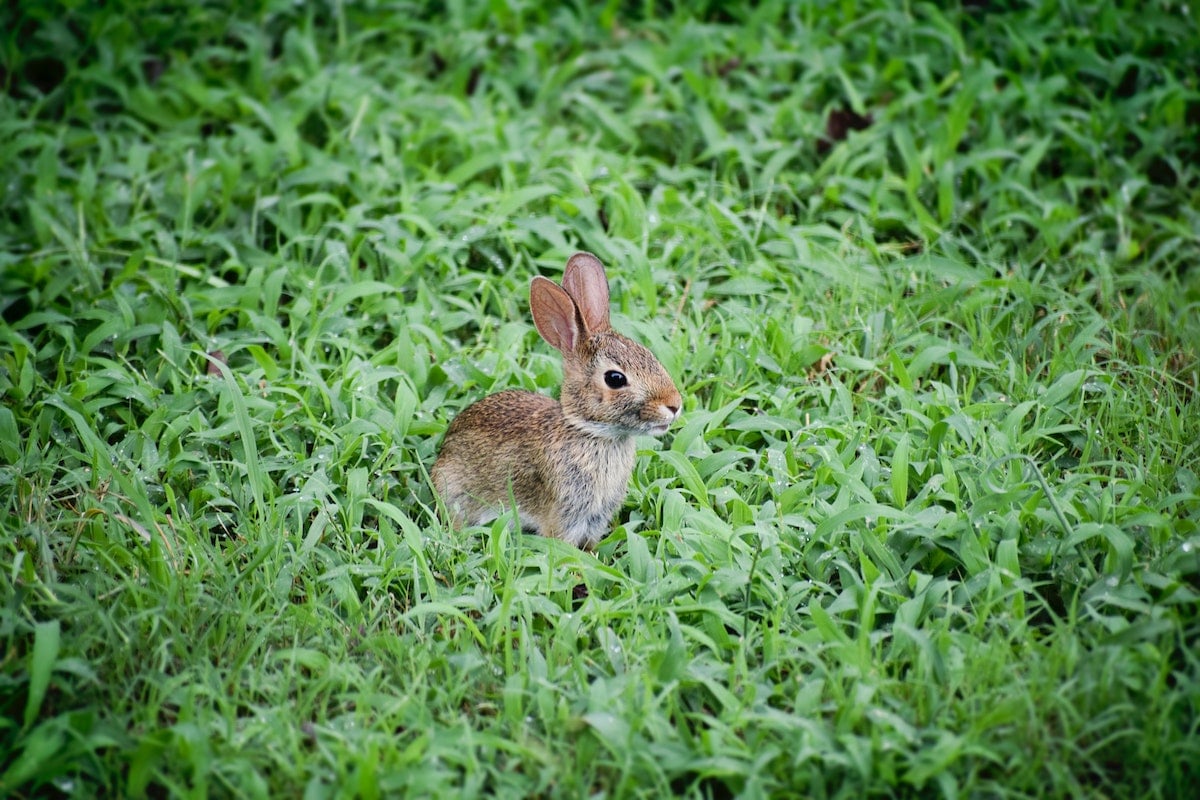
This is another subject we’ve looked at in the past with our top tips for attracting wildlife into your garden post. We all love the look of a freshly manicured lawn, however, letting it grow is not only better for the grass, but it is also great for attracting wildlife into our gardens. Research by the conservation charity Plantlife identified that:
“Lawns that have not been mown for a year hosted an average of three pollinators per square metre, compared to 1.9 pollinators on patches of grass that had been cut in the past week. Meanwhile, lawns cut a month ago had 2.4 per square metre.”
If you’ve got any photos of your Lazy Susan furniture in your garden, then we’d love to see a few snaps for our Do Some Good charity campaign. You can tag us @LazySusanFurniture on Instagram or Facebook or email them to us at [email protected].



